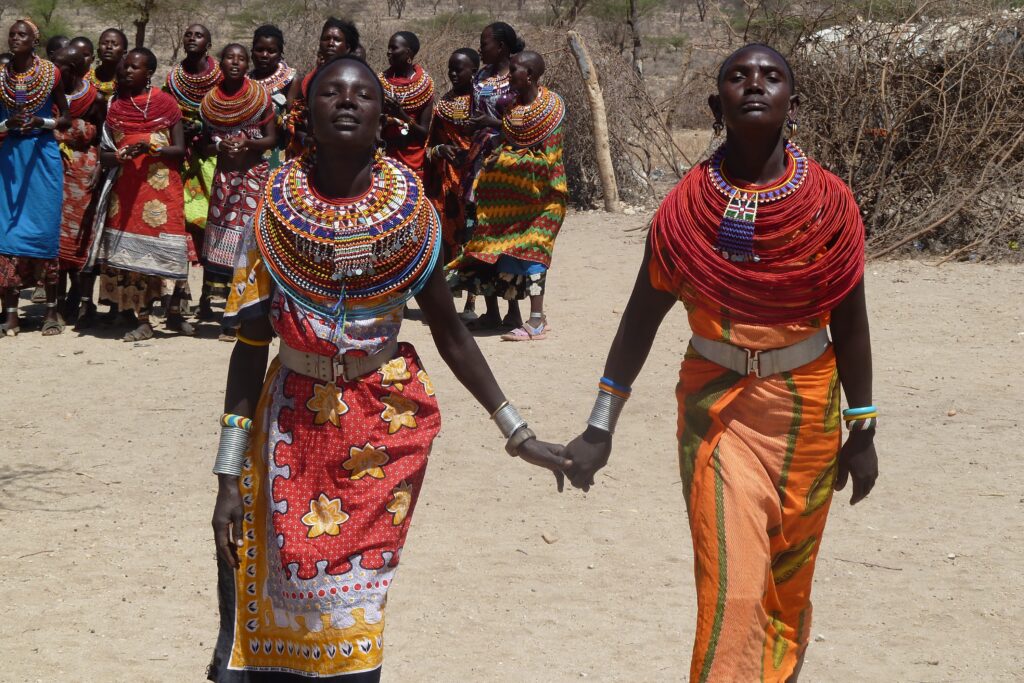
Culture is a term we hear quite frequently. Ranging from cancel culture to online culture. But what exactly is this thing called culture and what does it encompass?
Culture, according to the Oxford dictionary consists of the ideas, customs, and behavior of a particular people or society. It encompasses commonalities. It ranges from knowledge to the clothes that we wear, the social habit, the language we speak, down to the food that we eat.
Questions that arise may be: to what set of people is a particular culture enclosed or limited? Who or what are the determining factors of culture? What happens when it is more limiting than bonding? And can you step outside of a culture that you don’t like to create or adopt a new one?
There are likely three layers to this thing called culture. The first layer is that which sets a particular group apart from another. This includes languages, modes of dressing, beliefs, religions, foods, behaviors, and so on. The family conditions and immediate surroundings conditions a child. They teach the child how to behave according to society’s rules or even the mode of transportation that is commonly used.
The second layer is the subculture. Within a specific general culture lies smaller cultures and characteristics that set people apart from the larger group. These include different religions like Islam, Buddhism, and Christianity. Or take the case of Nigeria which is home to more than 300 tribes, each with their own languages, or similar languages, beliefs, and practices.
The last layer is the universal culture common to all of humanity. Like the English language, greetings in the mornings, or art.
Because culture is a shared social pattern, differences by one person in a community can come across as strange. It can be harshly criticized or judged. According to a November 2010 study, people prefer things that have been around much longer.
Many people do not like change. People would rather stick to customs and the old ways of doing things than be accepting of differences. A reason could be that people fear the unknown. People feel comfortable doing what they have always known, and what they have always been doing. Especially if it works. We unconsciously believe that anything that has stood the test of time is much better than anything new. After all, there has to be a reason why it has lasted so long.
Although this mode of thinking does hold some weight, it is not always accurate. Long-lasting traditions do not always mean better. It could just be a result of the fear of trying something new, unfamiliarity, and force of habit.
Culture develops and accumulates over a long period of time. But where or when does it stop forming? At what point in time was a set of items or activities packaged and handed over through the generations as a culture? If culture means social similarities, aren’t new ones, on smaller and bigger scales constantly formulating even in this new age?
But rigidity and once again, the fear of change keeps people from adopting and adapting to newer times, habits, and patterns, especially those of the older generation who are familiar with one way of doing things.
In these rapidly changing times, it is extremely important to be aware of the unconscious patterns and learned behavior that we partake in. Question if your culture benefits you or limits your growth. Does it promote the acceptance of change and progress or keep you doing the same things?







